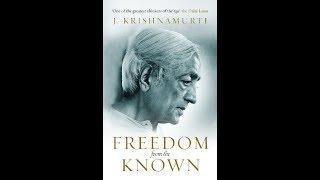Why Did the Buddha Deny the Existence of the Soul and Ego? So, What Reincarnates?
#buddha #ego #soul #rebirth #buddhism
Human perspectives on existence are divided into two main views: Materialistic and Idealistic. The materialistic view, supported by many scientists, asserts that humans are a combination of matter, and consciousness is a product of brain activity. According to materialism, consciousness is impermanent, and there is no existence of a spiritual world. When brain cells die, consciousness also ceases, and there is no “transmission” from the deceased to a new body in the next life. In summary, death is the end.
In contrast, idealistic religions believe that each person has an eternal soul residing in the body. When the body dissolves, this soul exits and either reincarnates into a new body or merges into a spiritual world. These religions also believe in an eternal spiritual world, called God, the Great Self, or the Creator, depending on the religion. The soul is seen as the master, owner, and controller of the body and mind. This concept of the soul is the idea of the “Self,” known as “Atman” in Sanskrit, which is self-born and never perishes, called the True Self or Ego.
00:13 - Chapter 1: The Notion of Self – Soul in Idealistic Religions
06:46 - Chapter 2: The Buddha Denies the Self – Soul
13:26 - Chapter 3: The Ordinary Person Clings to the Self
17:39 - Chapter 4: Without a Soul – Self, what reincarnates?
- Category
- Buddhism



